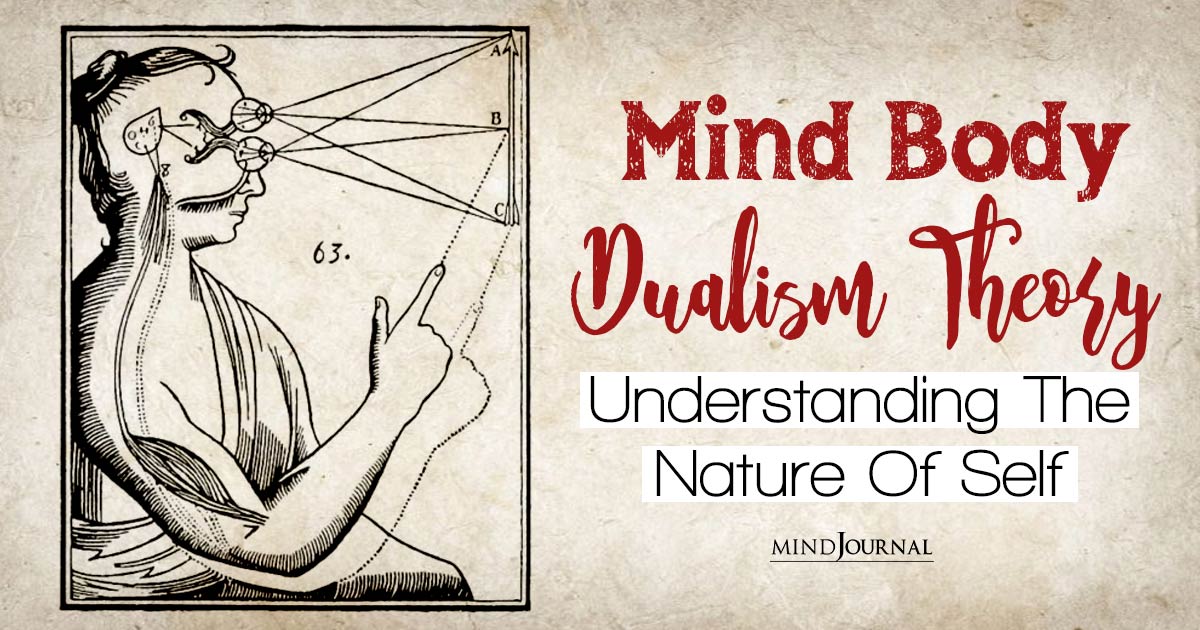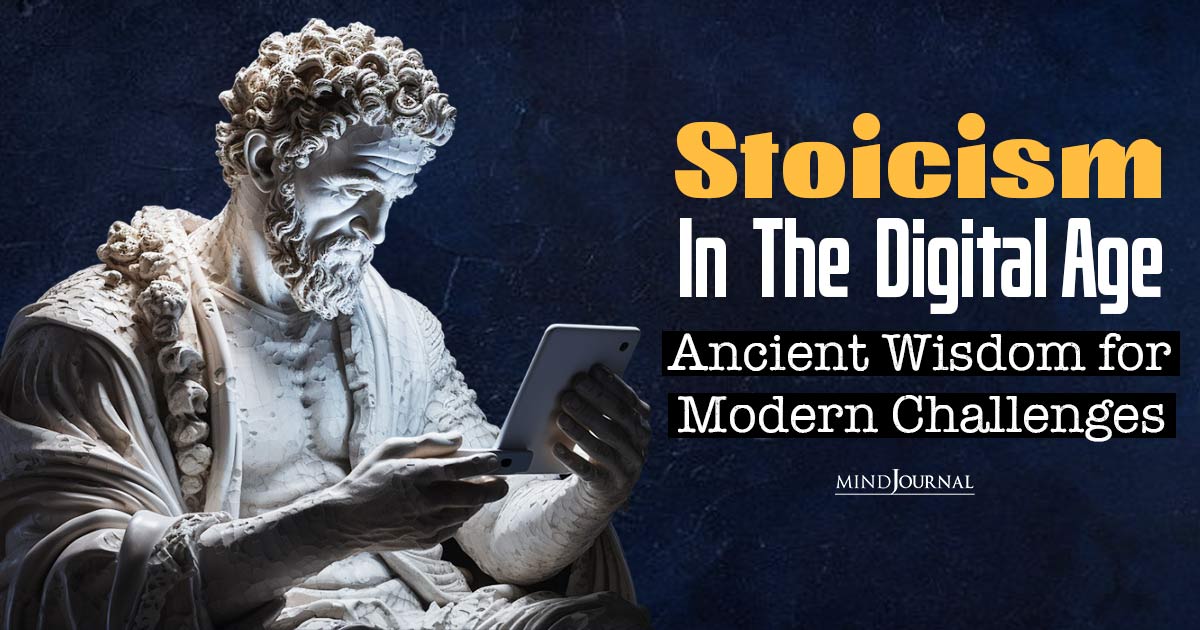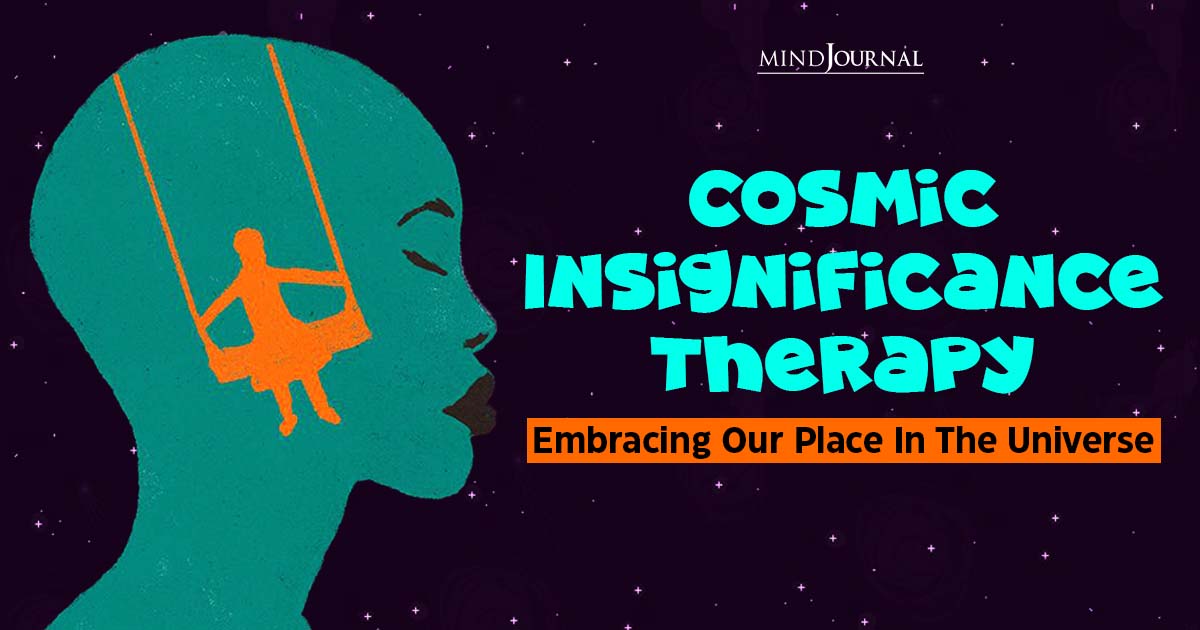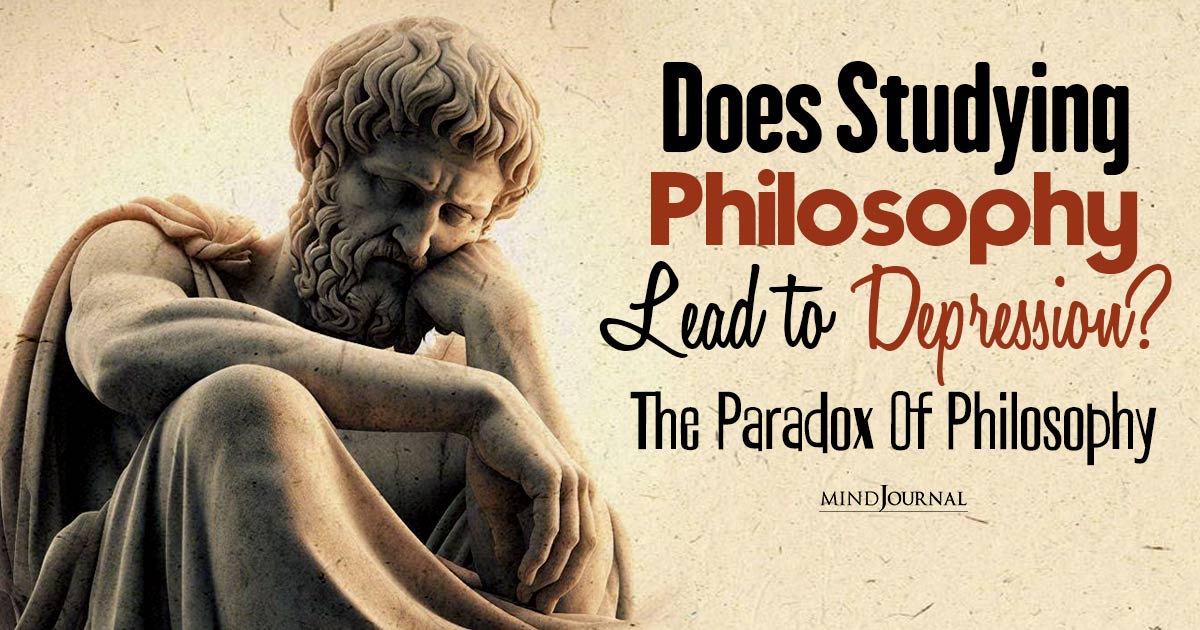Have you ever wondered about the relationship between your mind and body? Do you ever feel like your thoughts and emotions are separate from your physical sensations and movements? These questions lie at the heart of the fascinating and timeless philosophical concept of mind body dualism theory.
This theory posits that the mind and body are two separate entities with distinct properties and has been explored by some of the greatest thinkers in history, from Plato to Descartes.
Let us explore the origins, philosophical implications, and criticisms of mind-body dualism theory, and explore its practical implications for everyday life.
What is mind and body dualism?
The mind body dualism theory is a philosophical theory that posits that the mind and body are two separate entities with distinct properties. This theory suggests that the mind is non-physical and is responsible for consciousness, thought, and other mental processes, while the body is physical and is responsible for sensation, movement, and other bodily functions.
According to this theory, the mind and body interact with each other, but they are fundamentally different in nature. This concept has been explored by many prominent philosophers throughout history, including Rene Descartes, who famously argued that the mind and body interact through the pineal gland in the brain.
While this theory has been subject to numerous criticisms, it continues to be a topic of interest and debate in philosophy and other disciplines.
Related: 12 Signs Your Body Mind Soul Connection Is Going Through A Recalibration
Now that we know what is mind body dualism, let’s explore the origins of this theory.
Origins of mind body dualism theory
The roots of mind-body dualism theory can be traced back to ancient Greek philosophy. Plato, for example, believed in the existence of a non-physical realm of forms, separate from the physical world we experience with our senses.
Aristotle, on the other hand, rejected this idea and believed that the mind and body were inextricably linked, with the mind being a function of the body.
The modern concept of mind body philosophy, however, is most closely associated with the French philosopher Rene Descartes, who lived in the 17th century.
Descartes believed that the mind and body were separate entities, with the mind being non-physical and the body being physical. He famously argued that the mind and body interacted through the pineal gland in the brain.
However, understanding what is mind body dualism and its origin is not enough, we must delve into the philosophical implications of this theory.

Philosophical implications of mind body dualism theory
The concept of the mind body philosophy has significant philosophical implications. For one, it raises the question of how the mind and body interact with each other.
If they are two separate entities, how can they affect each other? Descartes proposed that the mind and body interacted through the pineal gland, but this theory has been criticized for lacking empirical evidence.
Another philosophical implication of mind and body dualism theory is the question of personal identity. If the mind and body are separate entities, which one is responsible for our sense of self?
Descartes believed that the mind was the seat of the self, but this theory has been challenged by philosophers such as John Locke, who argued that personal identity is based on our memories and experiences, which are stored in the brain.
How mind body dualism theory has influenced modern philosophy
Mind body dualism theory has had a significant impact on modern philosophy, particularly in the areas of metaphysics, philosophy of mind, and epistemology.
Here are some ways in which the theory has influenced modern philosophy:
1. The study of consciousness
Mind body dualism philosophy has helped to shape the study of consciousness in modern philosophy. It has led to a deeper understanding of the relationship between the mind and body, and has raised important questions about the nature of consciousness and the self.
2. The mind brain problem
Mind body dualism philosophy has also played a significant role in the study of the mind-brain problem. This problem concerns the relationship between the mind and the brain, and whether mental processes can be reduced to physical processes in the brain.
Related: 5 Powerful Mind And Body Hacks For A Limitless Brain
According to mind body dualism psychology, this theory has been a major influence on this debate, with some arguing that the mind and brain are separate entities, while others argue that they are intimately connected.
3. The limits of knowledge
Mind body dualism philosophy has also raised important questions about the limits of knowledge. If the mind and body are fundamentally different in nature, then how can we know anything about the non-physical mind?
This has led to important debates about the nature of knowledge and the scope of human understanding.
4. Ethics and moral responsibility
Mind body dualism psychology and theory has also had implications for ethics and moral responsibility.
If the mind and body are separate entities, then how can we hold individuals responsible for their actions? This has led to important debates about the nature of moral responsibility and the role of free will in human behavior.
5. Holistic approaches to healthcare
Mind body dualism philosophy has also had an impact on modern healthcare, with an increasing recognition of the importance of holistic approaches to health and wellness.
This approach recognizes that the mind and body are interconnected and that both must be considered in the treatment of illness and disease.
Now that we know what is mind body dualism and its significance, let’s dive into understanding the mind body dualism problem and criticisms.
Criticisms of mind body dualism theory
Mind body dualism psychology and theory has been subject to numerous criticisms over the years. Here are some of the most common criticisms of mind-body dualism theory
1. Lack of empirical evidence
One of the primary criticisms of mind-body dualism theory is that it lacks empirical evidence. While it may be intuitive to believe that the mind and body are separate entities, there is no scientific proof to support this theory. This is one of the major mind body dualism problem of this theory.
2. Infinite regress
Another criticism of the mind body dualism theory is that it leads to an infinite regress. If the mind and body are separate entities, what is the relationship between the mind and the non-physical realm it is said to exist in?
This line of questioning can lead to an infinite regress of entities, with no clear answer.
3. Interaction problem
The question of how the mind and body interact with each other is another criticism of mind and body dualism theory. If they are two separate entities, how can they affect each other?
Descartes proposed that the mind and body interacted through the pineal gland, but this theory has been criticized for lacking empirical evidence. This is another mind body dualism problem of this theory.
4. Implications for mental health
Mind body philosophy has been criticized for its implications for mental health. If the mind and body are separate entities, what happens when the mind becomes diseased or damaged?
Does this imply that mental illness is a purely non-physical phenomenon, separate from the physical body? This perspective has been criticized for ignoring the physical aspects of mental illness, such as brain chemistry and genetics.
If mental disorders are purely non-physical phenomena, then how can they be treated using physical interventions such as medication or therapy? This is a significant challenge to the theory and has implications for how we understand and treat mental health issues.
5. Problem of causal interaction
Mind and body dualism faces a significant challenge in explaining how the non-physical mind can causally interact with the physical body. This is often referred to as the problem of causal interaction and is a significant obstacle to the theory. This should also be kept in mind when discussing the mind body dualism problem.
Related: The 7 Year Cycle: How Your Body and Mind Evolve Every 7 Years
6. Problem of mental causation
Another challenge to mind body dualism theory is the problem of mental causation. If the mind is non-physical, then how can mental states cause physical actions?
This is a significant challenge to the theory and has been the subject of much debate and discussion.
7. Challenge of personal identity
The concept of the mind body dualism theory also raises questions about personal identity. If the mind and body are separate entities, which one is responsible for our sense of self?
This is a significant challenge to the theory and has implications for how we understand ourselves and our place in the world.
Now that we have covered what is mind body dualism and its criticisms, let’s focus on some practical implications of mind body philosophy.

Practical implications of mind body dualism theory for everyday life
Mind-body dualism theory has several practical implications for everyday life, including:
1. Health and wellness
If the mind and body are separate entities, then taking care of both is essential for overall health and wellness.
This means not only taking care of the physical body through exercise and nutrition but also taking care of the mind through practices like meditation and therapy.
2. Mindfulness
Mind body dualism theory can also encourage mindfulness and being present in the moment. By recognizing the separation between the mind and body, individuals can become more aware of their thoughts and emotions, and how they affect their physical sensations.
3. Self-reflection
It can also encourage self-reflection and introspection. By recognizing that the mind is separate from the body, individuals can reflect on their thoughts, feelings, and beliefs, and how they impact their actions and behavior.
4. Personal growth
Mind body dualism psychology and theory can also facilitate personal growth and development. By recognizing that the mind and body are separate entities, individuals can work on developing their mental and physical capacities, such as improving cognitive function and physical fitness.
5. Holistic approaches to healthcare
The mind body dualism theory can also support holistic approaches to healthcare, which consider the whole person, including their physical, emotional, and mental health.
This approach can lead to more personalized and effective treatments that address the root causes of health issues, rather than just treating symptoms.
6. Improved stress management
Mind body dualism can also help individuals better manage stress. By recognizing the separation between the mind and body, individuals can learn to control their thoughts and emotions, which can help reduce stress levels and improve overall well-being.
7. Greater self-awareness
This theory can also facilitate greater self-awareness. By recognizing the separation between the mind and body, individuals can become more aware of their thoughts, emotions, and physical sensations, which can lead to a greater understanding of themselves and their needs.
Related: 5 Of The Best Stress Relief Exercises For A Calm Mind & Body
8. Improved emotional regulation
It can also help individuals improve their emotional regulation. By recognizing that emotions are separate from physical sensations, individuals can learn to identify and regulate their emotions more effectively, which can lead to improved mental health and well-being.
9. Enhanced creativity
This theory can also lead to enhanced creativity. By recognizing the importance of the mind in creative processes, individuals can engage in activities that promote creativity, such as brainstorming, meditation, and other forms of mental stimulation.
10. Increased cognitive performance
It can also lead to enhanced cognitive performance. By recognizing the importance of the mind in mental processes such as memory, attention, and reasoning, individuals can engage in activities that improve cognitive function, such as mindfulness meditation and cognitive training exercises.
Takeaway
Mind body dualism theory is a complex philosophical concept that has been debated for centuries. While it may be intuitive to believe that the mind and body are separate entities, there is no empirical evidence to support this theory.
Additionally, the theory has been subject to numerous criticisms, including its lack of empirical evidence, its potential for an infinite regress, and its implications for mental health. Nonetheless, the concept of mind-body dualism theory continues to be a topic of interest and debate among philosophers, scientists, and laypeople alike.








Leave a Reply